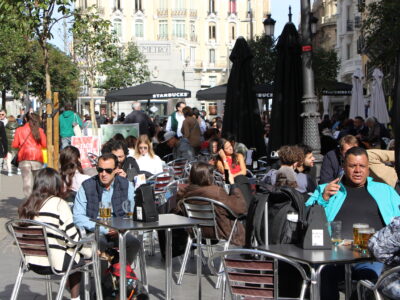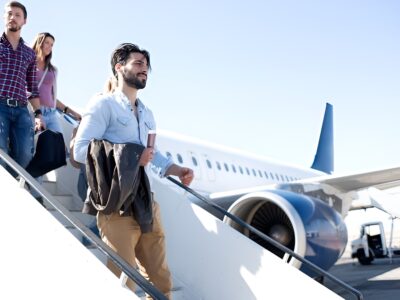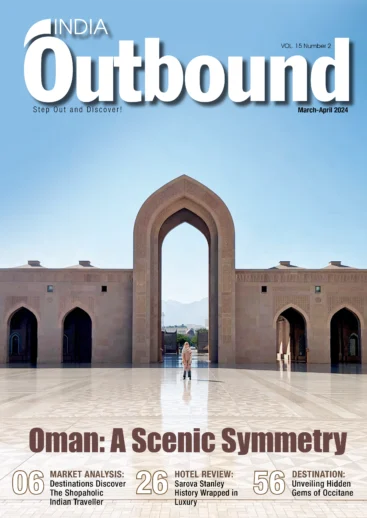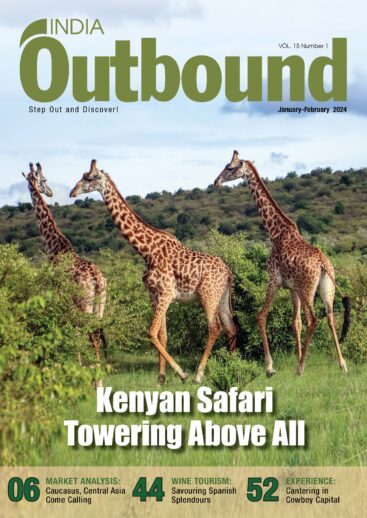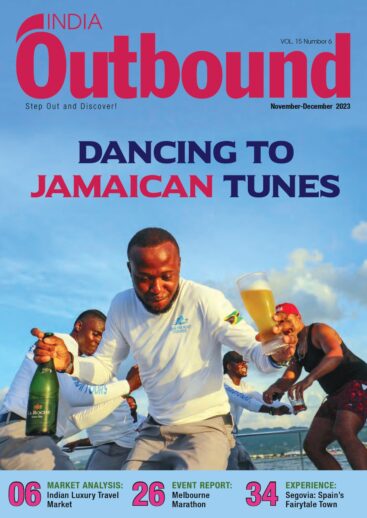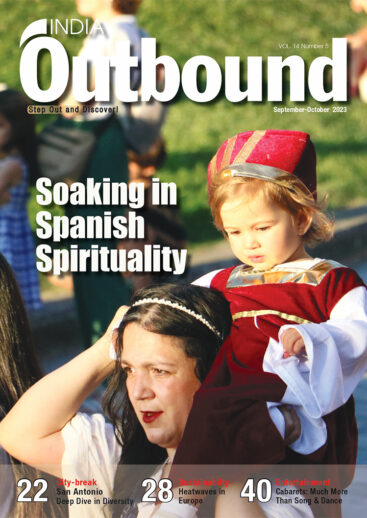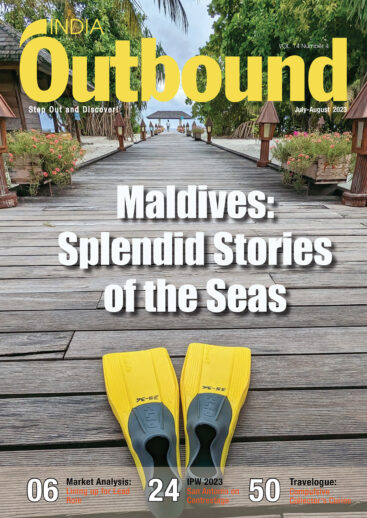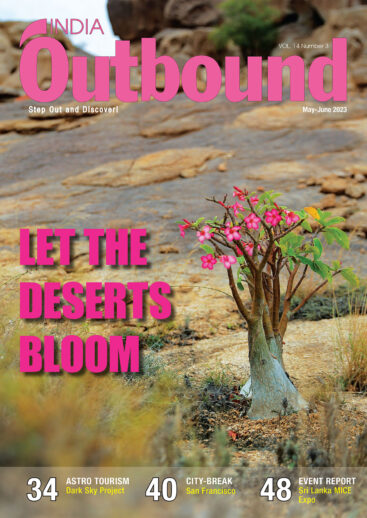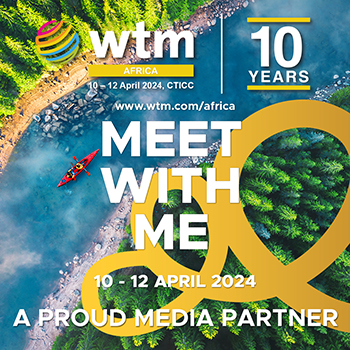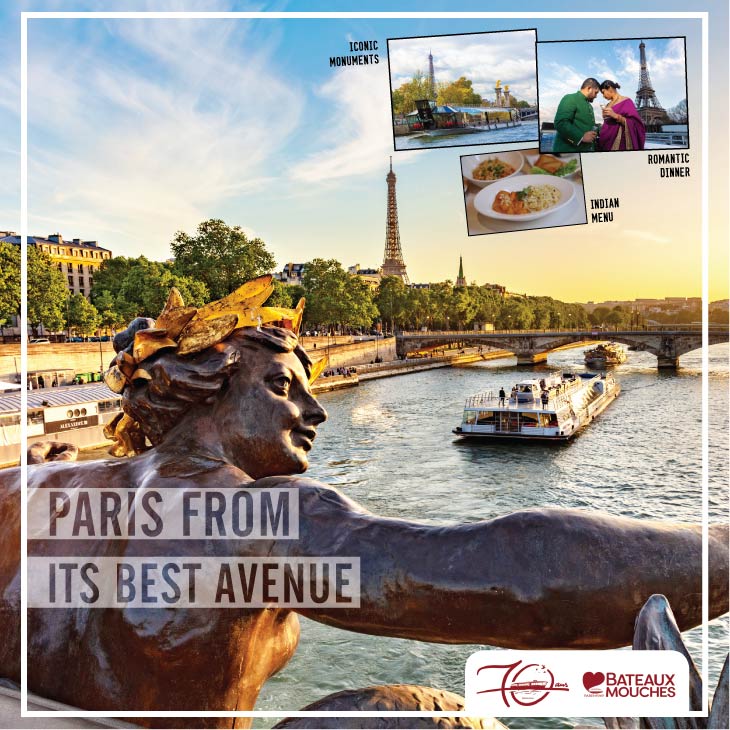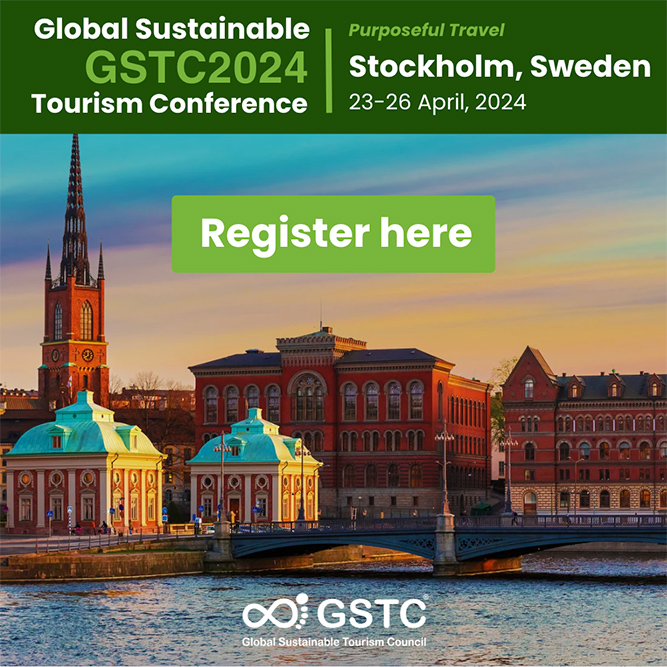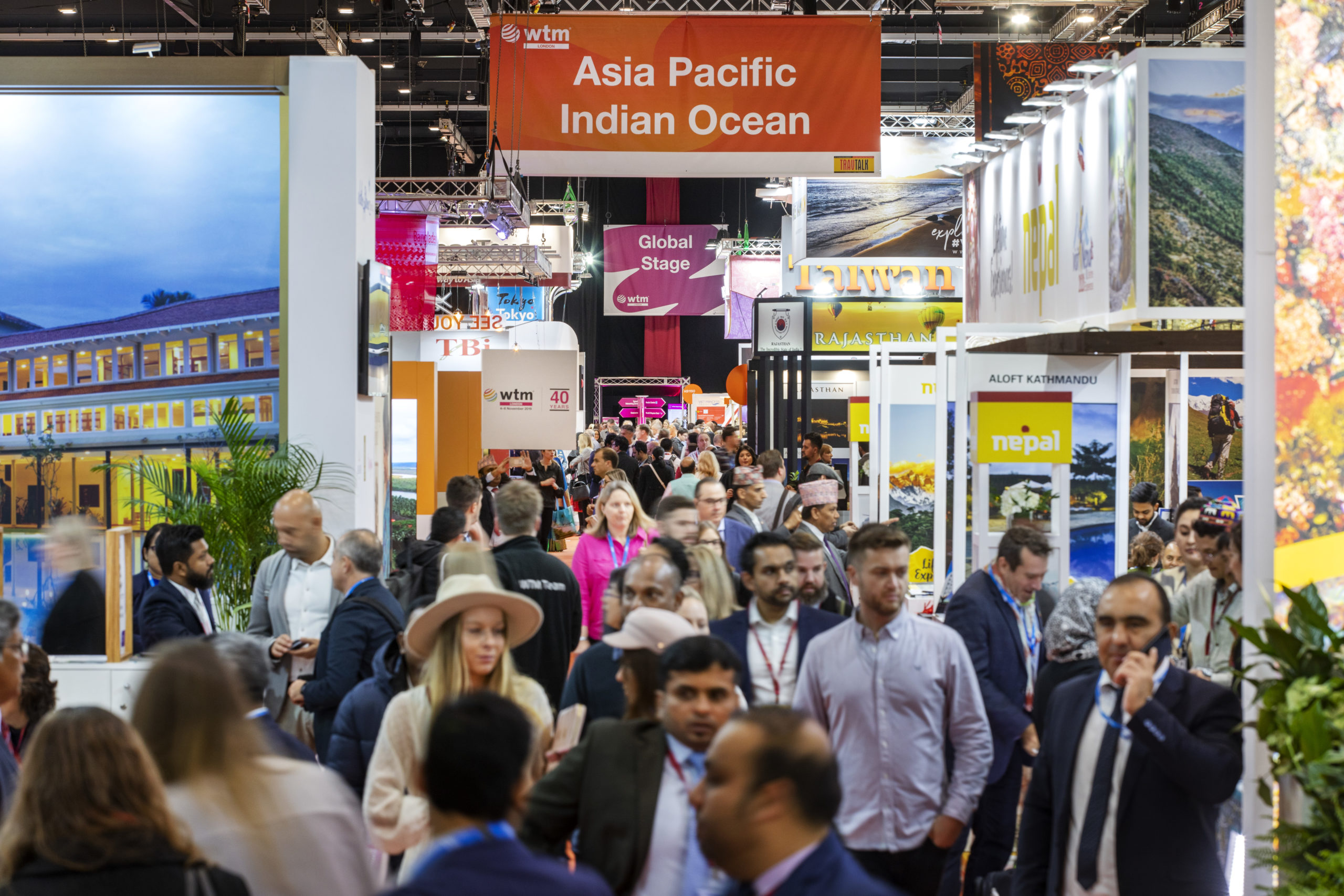
WTM London, 2019
The COVID-19 pandemic has prompted all destinations worldwide to introduce restrictions on travel, thereby keeping every scheduled meeting, networking session, conference as well as exhibition hanging in the air for an indefinite period.
The latest UNWTO update suggests that all destinations around the globe have issued travel restrictions and thereby this represents the most severe restriction on international travel in the history and no country has so far entirely lifted international restrictions introduced in response to the crisis.
But a recent study also reveals that people are willing to go back to their offices and adapt to the ‘new normal’. With many governments showing early signs of walking towards normalcy by reopening some of the businesses, priority travel and tourism networking seem to have some hope of gaining little inertia. The resumption of a few international flights, reopening of popular tourist spots in Thailand and a few other countries are sure to generate confidence among the industry.
Big travel exhibitions all around the world have always played one of the major roles in representing the vibrancy of the travel and tourism industry. Much before these phases of lockdown even started, these big gathering had to be stopped to contain the mass spread of the virus. Though the damage was already done, but stopping all activities was a natural consequence of the situation. However, all major travel exhibitions in the world are reviewing the situation and looking forward to rescheduling their shows in a safer way suitable to a time keeping all forthcoming travel choices of the target groups in mind, as that’s how things will change.
Claude Blanc, WTM portfolio director from Reed Exhibitions has commented, “We are constantly reviewing the situation around COVID-19 and the impact on our events in line with local and national government and public health advice and World Health Organisation guidelines. Our policies reflect those of the country governments in which our events take place.”
Guldeep Singh Sahni, the former president of OTOAI and managing director of Weldon Tours and Travels from New Delhi tells India Outbound, “Exhibitions are best when one to one conversations happen to learn and resolve questions that arise. E-promotions have always been happening, but the success of exhibitions cannot be replaced as you get to see and meet new people and get to see the new products. Definitely there will be newer norms and revised structures which we will have to adhere to in a post-COVID-19 era.”
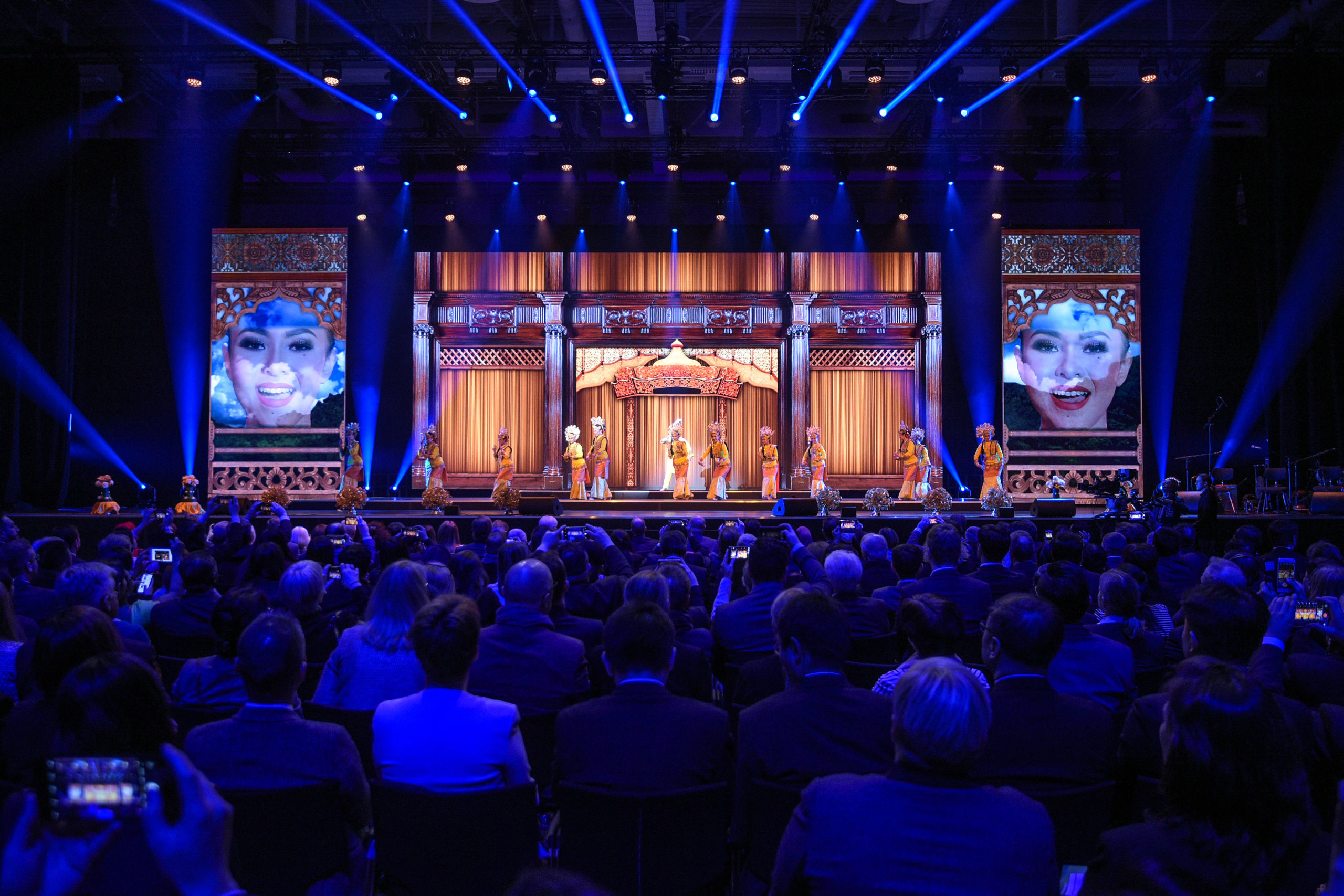
ITB Berlin 2019
But most exhibitions have either been postponed or been cancelled. ITB Berlin in early March was the first major international travel exhibition that cancelled its 2020 edition very close to the opening hours. Then the floodgates opened and one after another international gathering in travel as well as all other industries started getting either postponed or cancelled. A few events tried to postpone it by a couple of months expecting the situation to improve, but with the escalation of the pandemic, most of them started announcing annual postponement.
The final blow came when the biggest ever mega trade show Expo 2020 scheduled to take place in Dubai World Trade Centre was pushed to 2021 October.
Up until mid-April the locked-down business world was happy attending regular webinars, e-conferences etc. all day, but very soon many started questioning if at all they are making actual sense to their business or they are being able to reach out where they want to reach out.
As traditionally it is said, human contact cannot be replaced by anything else; robots will be robots; similarly, it is now also a trending question to many if virtual meetings are going to be their new form of business model or not. When the lockdowns will be lifted, and people will slowly start moving, would people be still keen to meet people in person for meetings and networking?
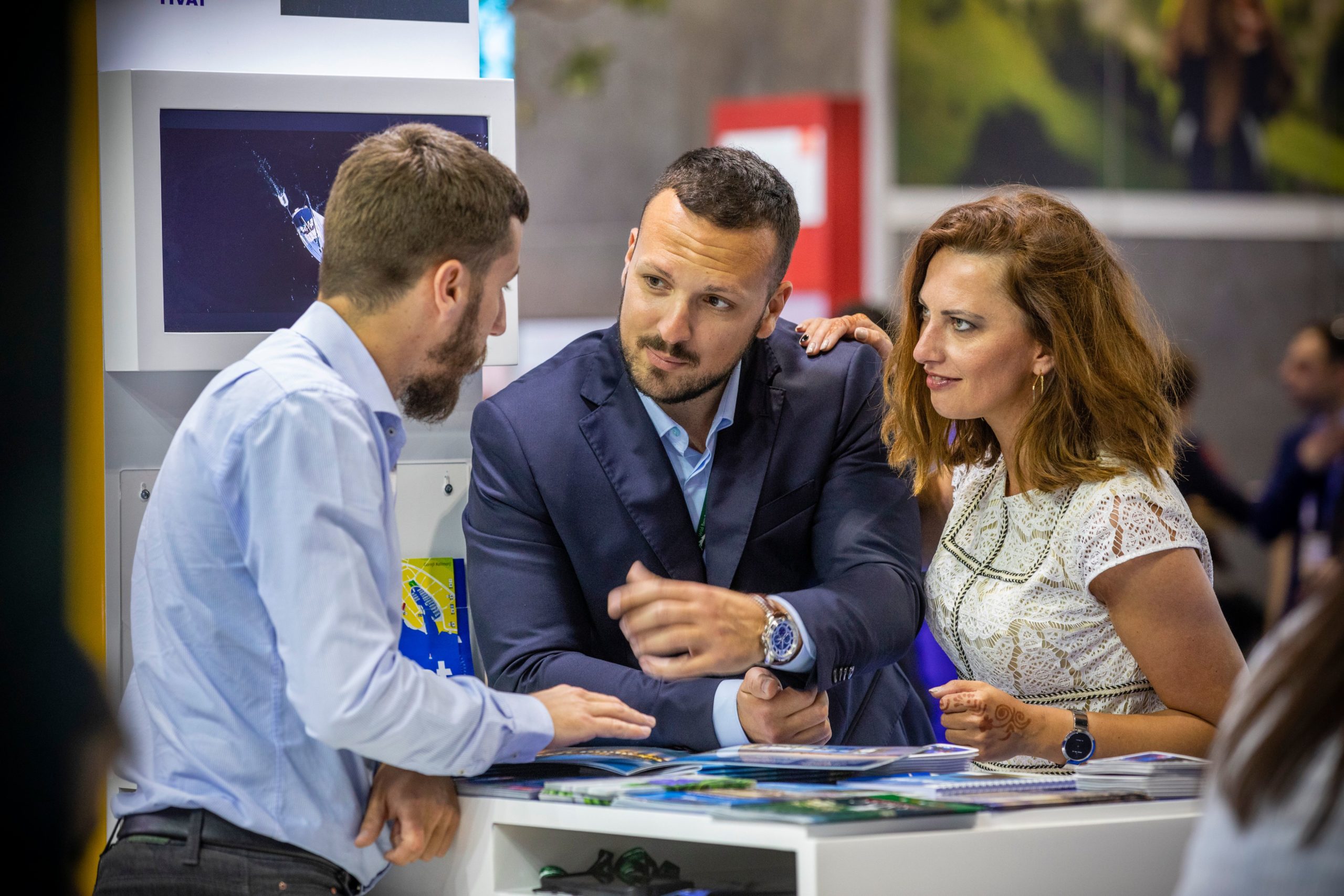
ATM Dubai 2019
Speaking to India Outbound, Vachirachai Sirisumpan, the director of Tourism Authority of Thailand (New Delhi) that participate in numerous exhibitions, events and roadshows said, “The spread of COVID-19 has challenged the global tourism industry to explore a new norm of travel and doing business. Online technology has become a ‘must’ for getting connected with business partners and clients. Online conference and meeting applications such as Zoom etc will now be a way ahead of networking and travel exhibitions. This will facilitate and involve buyers & sellers as well as media more and frequently for business. However, though as of now we are all in a time of social distancing, once the situation improves, I feel personal contact will still remain as a way of doing business as travel trade and tourism are based on human interactions.”
The chief executive of Brandit, Lubaina Sheerazi who has worked for many tourism boards over the decades, has a different way of looking at it. Lubaina told India Outbound, “The pandemic has involuntarily made us adopt innovative ways to engage our businesses. Given the lockdown and restrictions on travel, it has led organisations to turn to virtual exhibitions & fairs to inspire and stay united by offering a novel sharing platform, and for some in a low budget. The industry has been quick to familiarise itself with webinars, live conferences, trainings, and create interactive platforms that are full proof and ready for virtual exhibitions. However, I do consider this to be a temporary phenomenon. While the crisis will be over, I am certain that on-ground exhibitions and trade shows will find their way back even if it means organising scaled-down events with participation from quality exhibitors and buyers by early next year.”
Most of the exhibition organisers are upbeat that it is just a matter of time to lift the curtains again. Pallavi Mehra, group director of Informa Markets India that organises SATTE in New Delhi tells India Outbound, “Exhibitions are tactile and offer opportunities that simply can’t be reproduced electronically. However, what the pandemic has taught us is that there are benefits of technologies and the use of these would help enhance and bring value addition to live events. Our human need to interact and exchange information face to face would keep the live event active. Current situation of virtual meetings is situational and temporary.”
Harmandeep Singh Anand, the managing director of Global Panorama Showcase (GPS) which has taken travel networking to tier III and tier IV cities and close to the grassroots beyond the high street upmarket networking, sees the positive takeaway of the digital learning under lockdown. Harman tells India Outbound, “Future of the exhibition industry will depend on the way the world develops, adapts and moves forward with all the new global norms which will come into play and become the new normal. May be now would be the right time to be paperless green and digital and be prepared for the new tomorrow.”
However, the need for exhibitions and networking and meetings for individual companies which was there earlier will also evolve dramatically. For a tour operator or a travel agent who used to specialise only on outbound would have to reorganise himself or herself and look for new business opportunities in domestic or even inbound markets and for that he or she has to come to a restricted open market (B2B) not only to understand the new route but also make new contacts. A business owner who used to do large international groups or weddings only will have to figure out how to create budget packages and more importantly to whom to sell.
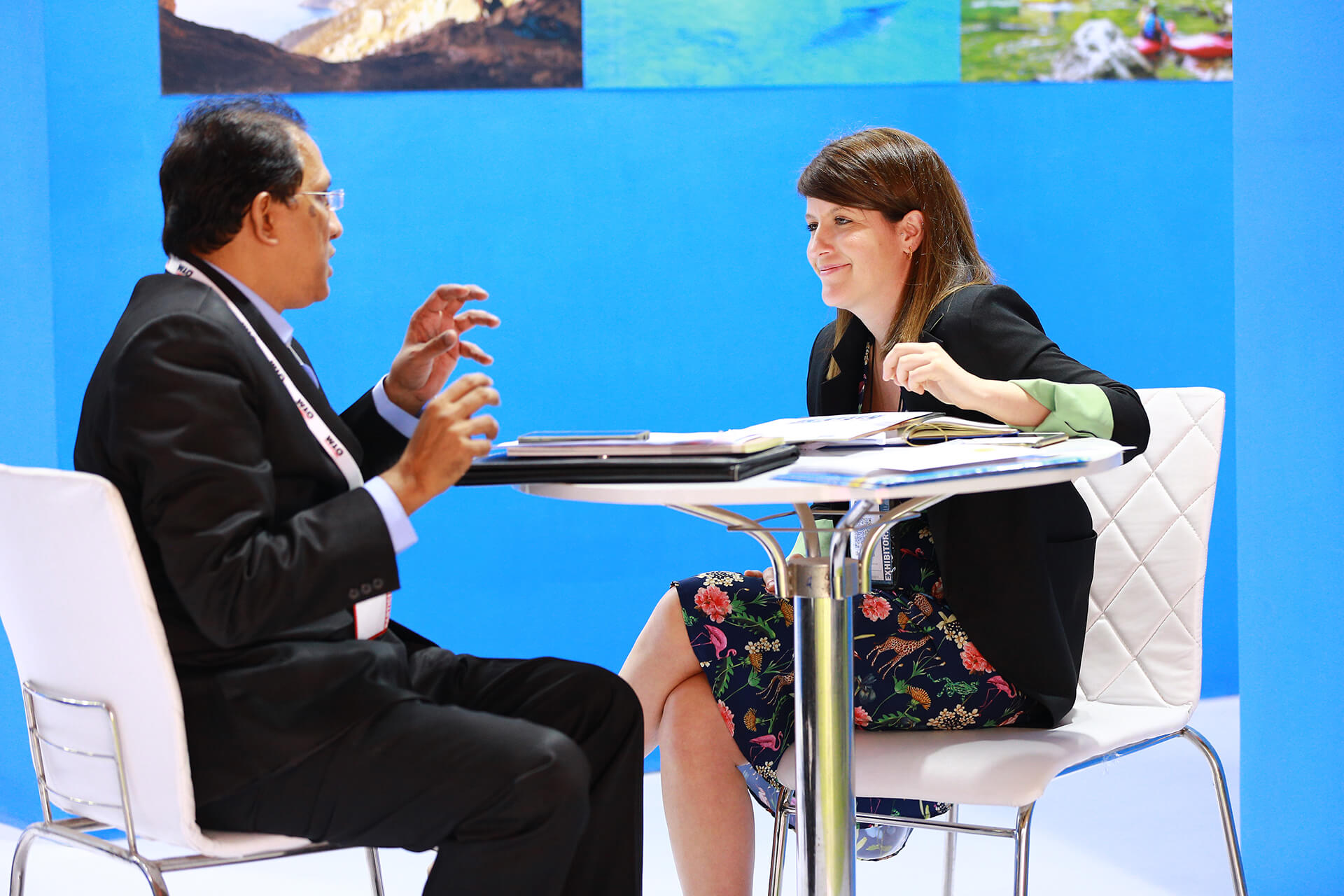
OTM Mumbai, 2020
Sanjiv Agarwal, founder chairman of Fairfest Media, the largest travel show network of Asia Pacific (organiser of OTM Mumbai) says, “Countries including India have already paid a huge price due to the lockdown and it is high time to lift the restrictions gradually but swiftly, while adopting new processes to reduce the transmission, through better hygiene while we are out of our homes – for work and leisure. Hotels, restaurants, tourist attractions and events should be open for business with new sanitation practices. An additional restriction could be a cap on how many persons can be allowed in a place, per square meter, or half the capacity, which can be gradually increased. Public transport and aviation must also open up, to start turning the wheels of general as well as the tourism economy. Otherwise, we may have to start counting more deaths for many other reasons like hunger, suicides, lack of emergency response to other diseases, general uprisings, rage and police excesses, not to mention the devastating consequences in the longer-term.”
As UNWTO has recently warned that nice words and gestures will not protect jobs or help the many millions of people whose lives are dependent on a thriving tourism sector, and though governments have an opportunity to recognise tourism’s unique ability to not only provide employment but to drive equality and inclusivity; it remains a lot on the government policies how quickly and efficiently the ease of doing business is reestablished in various countries and how large-scale meetings are facilitated by maintaining the social distancing and hygiene protocol.










